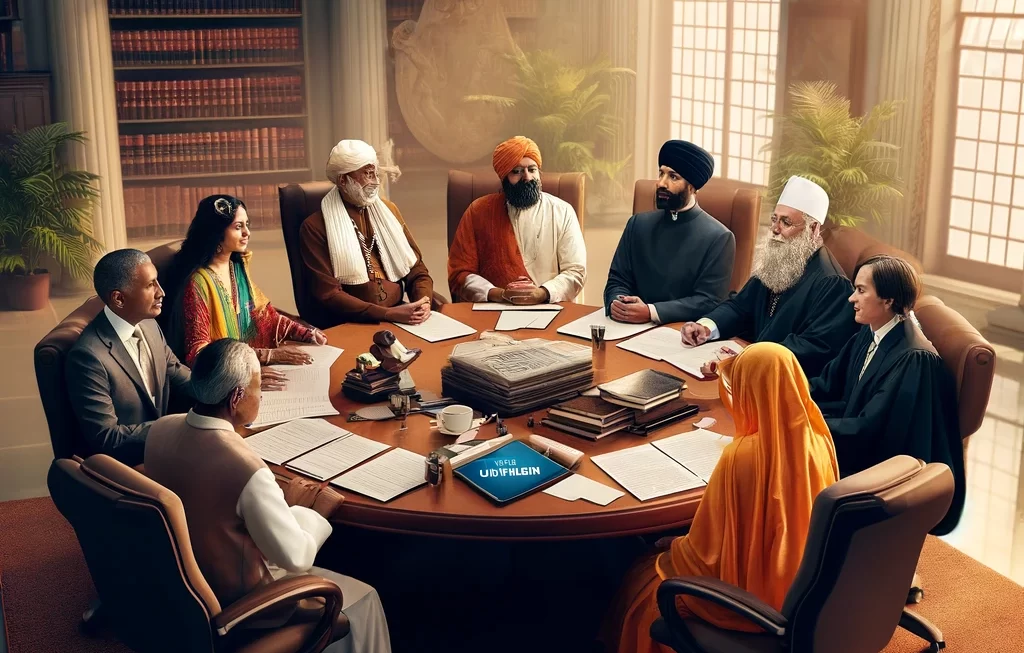In light of recent high-profile divorce cases, such as that of cricketer Hardik Pandya and his wife Natasha, discussions about the complexities of marital laws in India have come to the forefront. While rumors swirl about the division of assets, this situation highlights a significant challenge in Indian law: the absence of uniformity in marital laws across different religions.
India is a country celebrated for its cultural and religious diversity. However, this diversity also means that Indians follow different sets of laws based on their religious beliefs, especially when it comes to marriage and divorce. Currently, Hindus, Muslims, Christians, and followers of other religions are governed by their respective personal laws. This can lead to a variety of legal outcomes in similar cases, depending on the religion of the individuals involved.
In countries like the United States, prenuptial agreements are commonly used to establish clear guidelines for the division of property and assets in the event of a divorce. These agreements provide a straightforward understanding between partners about what will happen should the marriage dissolve. However, in India, the concept of a prenuptial agreement is not widely recognized or enforceable under all religious laws, which can lead to uncertainties and conflicts during divorce proceedings.
This brings us to the concept of a Uniform Civil Code (UCC). The UCC proposes a single set of laws governing personal matters like marriage, divorce, adoption, and inheritance for all citizens, irrespective of their religion. Advocates argue that a UCC would ensure equality and fairness for all citizens, and could simplify legal processes by providing a consistent framework for everyone to follow.
Critics of the UCC often raise concerns about the potential erosion of cultural identities and religious freedoms, fearing that a uniform code could impose majority views on minorities. These are valid concerns that need careful consideration and sensitive handling through inclusive dialogue and consultation with all stakeholders.
The case of Hardik Pandya and Natasha, whether factual or speculative, underscores the need for more streamlined and equitable legal frameworks in personal matters. As India continues to evolve both socially and economically, the debate around the UCC reflects the nation’s ongoing struggle to balance rich diversity with the need for unity and fairness. Implementing such a code would not only clarify legal ambiguities but also promote a more inclusive and equitable society.
While the path to adopting a UCC is fraught with political, religious, and social challenges, the goal remains clear: one country, one rule, where every citizen is treated equally under the law. Moving towards this goal will require a nuanced approach that respects India’s diverse heritage while striving for justice and equality for every individual.

